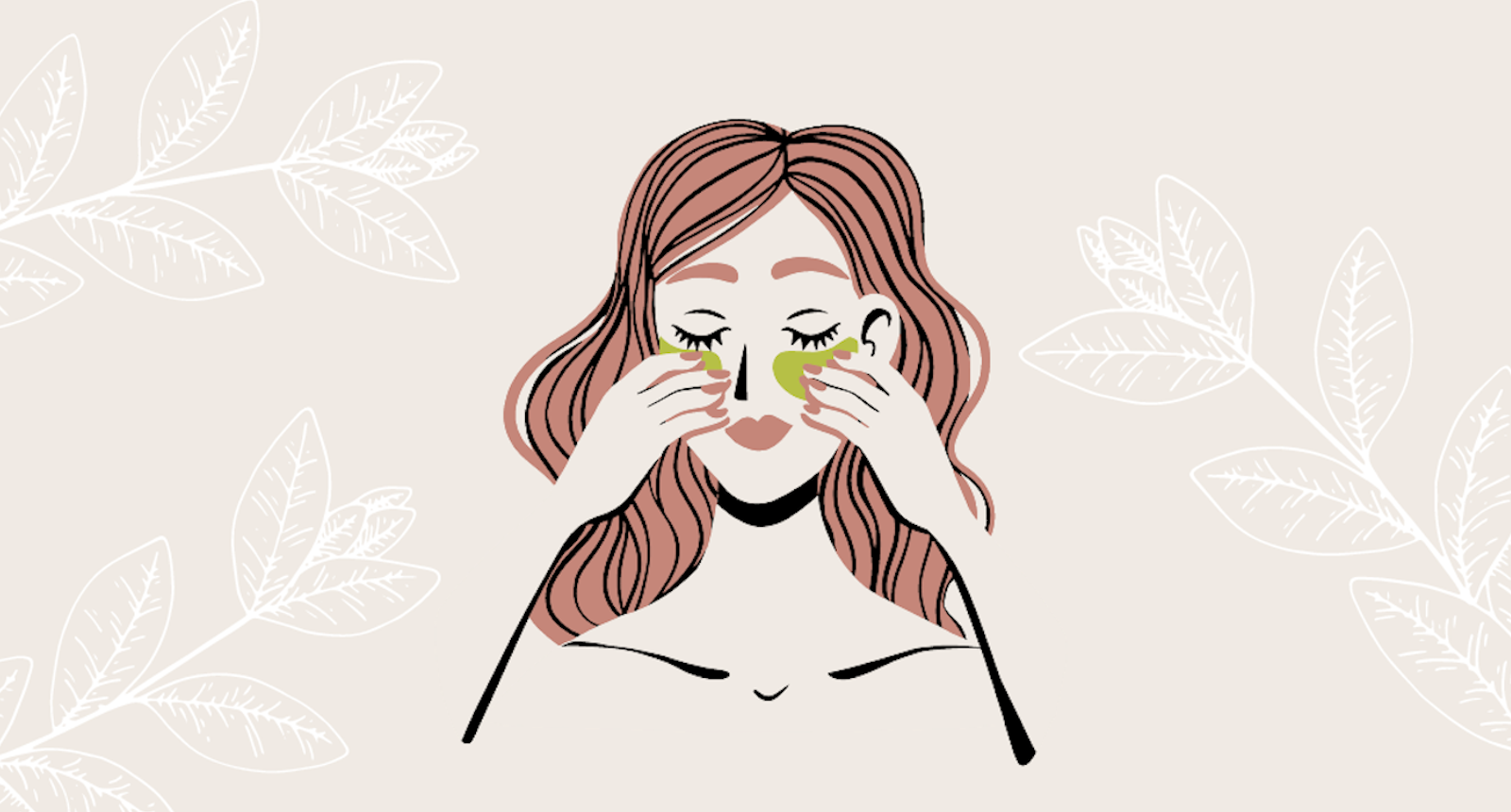The term “self care” has become ubiquitous in our vocabularies of wellness and health: the brave act of prioritizing self, carving out necessary alone time, treating ourselves as deserving of relaxation and luxury. Indeed, the words “self care” have largely come to elicit images of face masks, bubble baths, and scented candles: all the staples of a successful #selfcareSunday.
While the “self care” movement may intend to assuage judgement for prioritizing self, it has simultaneously reproduced and reified the stigma that persists and pervades under the surface: mental health (and illness) is an individual choice, institutions and communities are excused from the pursuit of wellness, human distress is somehow ‘fixed’ with a facial.
Of course, self care is not harmful in and of itself: prioritizing individual wellness is not harmful by itself and neither is a face mask. Rather, the simple equation of cultivating a healthy mind with going on a spa trip or applying a face mask has created a standard wherein the pursuit of mental wellness is deeply individual and consumption oriented. It further reproduces a logic wherein health and wellness is a photogenic pursuit, warranting its own easily repostable hashtag: #selfcareSunday. With that, and importantly, the health and wellness (or the illness and un-wellness) that is not aesthetic, not attributable to a hashtag, remains hidden and silenced. While self care purports to prioritize mental wellness, equating exfoliants with genuine healthy practice undermines much that can be ugly and difficult about mental un-wellness: the pain and exhaustion of enduring a mind turning against you.
Perhaps a more accurate and expansive vision of self care is one that is not confined to a single and individualized moment, but the continual and sustained choosing of oneself: building communities of care, leaving a harmful work/school environment, seeking professional or medical support. In the words of Thought Catalog writer Brianna West, true self care might entail “making the choice to build a life you don’t need to regularly escape from.” Even more, self-care is not necessarily relaxation but work, not pretty and palatable but difficult, drawn out, and uncomfortable. The trajectory of today’s self-care movement declares that drawing a bubble bath is somehow a brave or resistant act of self-prioritizing. Yes, choosing ourselves can be deeply brave, but truly choosing ourselves requires doing the difficult work of prioritizing healthy behaviors for longer than a certain allocated and finite amount of “me time”: drawing boundaries, respecting those boundaries, and investing in the relationships and practices that nurture well-being. Indeed, self care may be better understood as a way to live and lead a life, more than a discrete event scheduled on Sunday nights from 8:30 to 9:15 pm.
Importantly, there are also many times when self-care is simply not, and can never be, enough. Making choices—whether those be momentary or sustained—is not always an option. Mental illness is illness, and we can not make the simple choice to no longer be ill. So many mental illnesses have biological etiologies that elude individual choice, and must be treated accordingly. Mental illness may also have social etiologies, aided and abetted by institutions: conditions of violence, poverty, war, overwork (unfortunately the list goes on) can all be debilitating stressors, and again, cannot be fixed by an individual simply making a choice to pursue “self-care.” Indeed, we must be diligent in recognizing the privilege embedded in being able to choose a life that does not require escaping. While self-care promotes the prioritization of self, it undermines the ways in which “the self” is not the only relevant actor in cultivating a healthy life. Mental illness is not simply the result of our failure to “choose ourselves.” By extension, mental illness can not be treated simply by “choosing ourselves” either.
So, being careful about self care might start with the basic recognition that “self” is inseparable from networks of neurons, people, institutions, communities. Being careful about self care might entail a continued consciousness of who and what the “self” is: deeply complicated, often frustrating, and decisively human, but ultimately, deserving of real and meaningful care.



